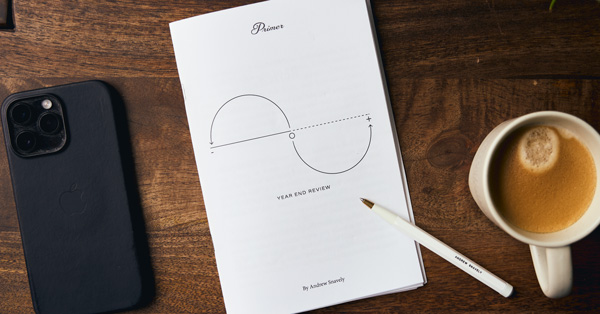In the immortal words of R&B duo Peaches & Herb…
Reunited, and it feels so good
Reunited 'cause we understood
There's one perfect fit
And, sugar, this one is it
Truer words, no?
Congratulations are in order! You’re here because you and your beloved are back together, giving it another shot after a breakup, a break, or simply a time of questioning your relationship.
Here’s the thing: you’ve only taken the first tentative step towards a true reunion. Make-up sex, while amazing, does not a lasting partnership make. You’ve got a long road ahead.
Can a relationship go back to normal after a breakup? Take it from me: there are a few things you should do to give your relationship the best possible shot.
Brother, I’ve Been There
How do I know? In 2016 my then-girlfriend and I broke up after 10 stormy months. 5 weeks later, we reunited. A year and a half after breaking up we were married and a little more than two years later we welcomed our daughter into the world. Reunited. And it feels pretty good.
Getting back together worked for us, but that doesn’t mean I have all the answers. Far from it. Everyone’s situation is unique to them. Even after my relationship experienced a renaissance beyond my wildest dreams I still think most people who break up for sound reasons should, well, stay that way.
On the other hand, I’ve done a lot of work – within myself and with my partner – to give our relationship 2.0 the best chance of success.
What I’ve discovered is a set of principles that can be applied to just about any breakup-turned-makeup to either prevent future ruptures … or help you decide to call it quits for good.

1. “Should We Do This…Again?”
The relationship had to end. Now, a week or a month later it feels like … it has to continue. It’s crazy, but something about the stress and emotional momentum of breakups makes it shockingly easy to relapse back into something that – in the very recent past – you wanted to be rid of.
The first question you must ask before you get back together is: should we even be together at all?
If the relationship involved physical, emotional, or verbal abuse, manipulation, deception, fraud, or substance abuse the answer is a straightforward “no.” Of course, when you’re in an abusive relationship things can be anything but straightforward.
But the fact remains: if your partner harms you (or you harm them), it cannot continue.
If you or someone you know is experiencing abuse, call the National Domestic Abuse Hotline.
If you’re not sure whether you’re in an abusive relationship or not and aren’t ready to call, try this online screening tool.
If abuse isn’t an issue, it’s still important to consider if this is a relationship with a strong foundation … or not.
- Do you share the same values?
- Do you share a religion or set of spiritual beliefs?
- Do you consider your partner to be a moral, trustworthy person?
- Does work mean you’re actually long distance most of the time?
Most importantly, do you want the same things?
Breakups can be really, really, gut-wrenchingly hard. But most happen for a reason. There may be wisdom in your breakup, even if that’s not apparent right now.
There’s something else to consider: During stressful or emotionally charged times, it’s biochemically impossible to do your best thinking. That’s why it’s important to seek advice from a trusted friend.
If you or your ex are trying a rapprochement, ask them – “Should I be doing this?” And be prepared for them to say no.
2. Address The Breakup Directly
Breakups aren’t like farts in an elevator – you can’t just hop back in and pretend it never happened.
My wife and I like to talk and one of our favorite topics is our own relationship. I’m not saying this is normal – but it did help us dive right into a key first step in any breakup: admit we broke up, and be honest that getting back together is going to be a project.
How many people do you know who break up, start sleeping together again discreetly, and then show up to your house party six weeks later like nothing happened?
If this is a serious relationship, don’t be those people. Pretending it didn’t happen is missing a huge opportunity to do the real work of becoming a better partner.
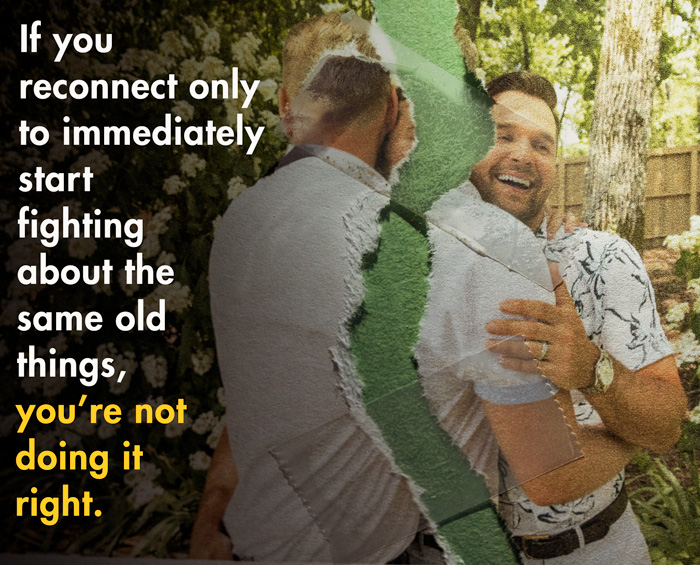
Even if it’s not a super serious relationship and you suspect it isn’t The One, think of it this way: by working on this relationship you’re leveling up for your next one … which might be The One.
3. Get A Counselor
The second thing my wife and I did was get a counselor. In retrospect, we probably should’ve had one since our third date, but who does that?
A counselor fulfills a few different functions. First, they can help you process the strong emotions around your break up. Second, it’s far easier to say difficult things to a near-total stranger in front of your partner than say them directly to your partner.
A good counselor or pastor can teach you skills to be better at your relationship, which is hugely empowering. It turns out that relationships are no different than pitching, or cooking a perfectly balanced paella: they’re a skill to be learned and mastered.
Find a local counselor using Psychology Today’s database, or consider the online couples-focused platform Regain. We’ve used both with good results.
4. Rebuild Trust
Breakups almost always involve shattered trust. Even if a separation is totally mutual and transparent, it’s destabilizing for the relationship itself to go away; rebuilding trust is essential.
For my then-recent-ex-girlfriend and I trust building started small, and we didn’t really talk about it at first: we simply made sure we called one another when we said we would call.
No matter what else was going on at work or in life, if I said I would call her at 6 PM, I made it happen.
Pick a few simple, do-able, daily acts that you can use to start rebuilding trust and do them religiously. Bigger, deeper things will follow.
5. Stop Trying To Win
If you reconnect only to immediately start fighting about the same old things, you’re not doing it right.
Makeups are a fragile time, when you’re trying to reconnect with some of the magic that brought you together in the first place. So it’s key to call a cease-fire on certain hot button issues until you can bring them to counseling or build enough trust to talk about them productively.
In our first attempt, I was so obsessed with the rightness – and righteousness – of my own positions that I lost sight of an essential truth: you have to set the partnership up for success, not yourself. On the second try, we tried really hard to communicate, understand, and negotiate rather than score wins against one another.
6. Be Open With Your Friends And Family
You may have said some pretty awful things about this person. And now you’re back with them and feeling a little sheepish. Don’t make the mistake of being sneaky about it, however.
Your friends and family supported you through the breakup. If you have solid reasons for trying again, don’t be ashamed of them – explain your thinking and give them time to adjust.
What you don’t want is for your people to feel blindsided when you and Karen arrive at family Christmas wearing matching sweaters and everyone still believes she’s literally the worst.
7. Assess Your Goals
Ok, you got a counselor, started talking instead of fighting, and have rebuilt a considerable reserve of trust.
Now what?
I believe it’s important to continue setting and assessing new goals for your makeup. For us, this involved taking on individual challenges (she hiked across Sweden; I took the GRE), and team challenges (discussing what it would look like to get engaged, and if that’s something we wanted).
This way, you can determine if this is a relationship that’s strong enough and flexible enough to grow and change as you do.
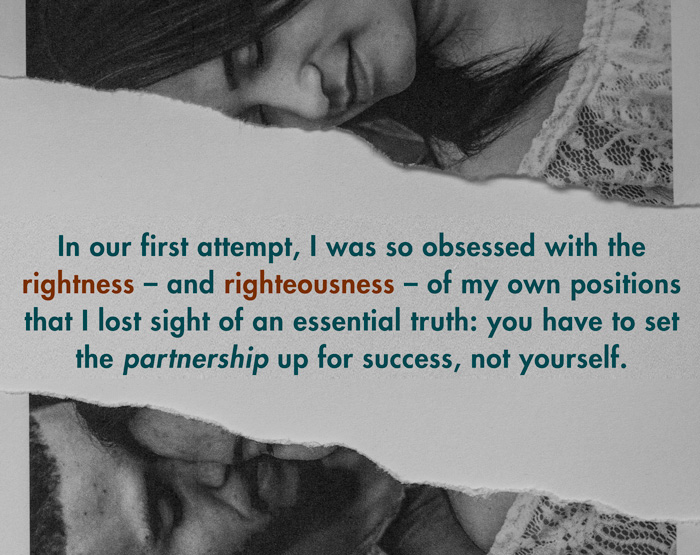
8. Don't Overthink It
Look, unless someone is truly awful or abusive, go for it … and be open to things not working out on the second try.
I have a slogan: “What does the body want?” If you’re an over-thinker like me, it’s easy to get lost making lists of pluses and minuses. Sometimes, we’re drawn to someone without knowing why … imperfect as they are.
Some people – and I count myself in this group – need to experience losing something before they can appreciate it.
It Looks Different For Everyone
The shortest breakup I know of lasted about 30 minutes. In college, two friends of mine had an argument, broke up, stormed off, and reunited before that episode of Shark Week was over. Other makeups may be years in the making. Some may need the smooth stylings of D’Angelo to make sense.
I asked my wife what advice she would give a couple just starting out again. Her response: “Just move across the country and have a baby.”
I want to stress: this is typically not a good idea.
But the truth is, what doesn’t end a relationship permanently can make it stronger. You and your partner must decide, together, if your breakup is a difficult chapter … or the final one. It has the potential to be a funny, bittersweet story you tell friends over dinner in ten years time.
The question is, what ending will you write together?



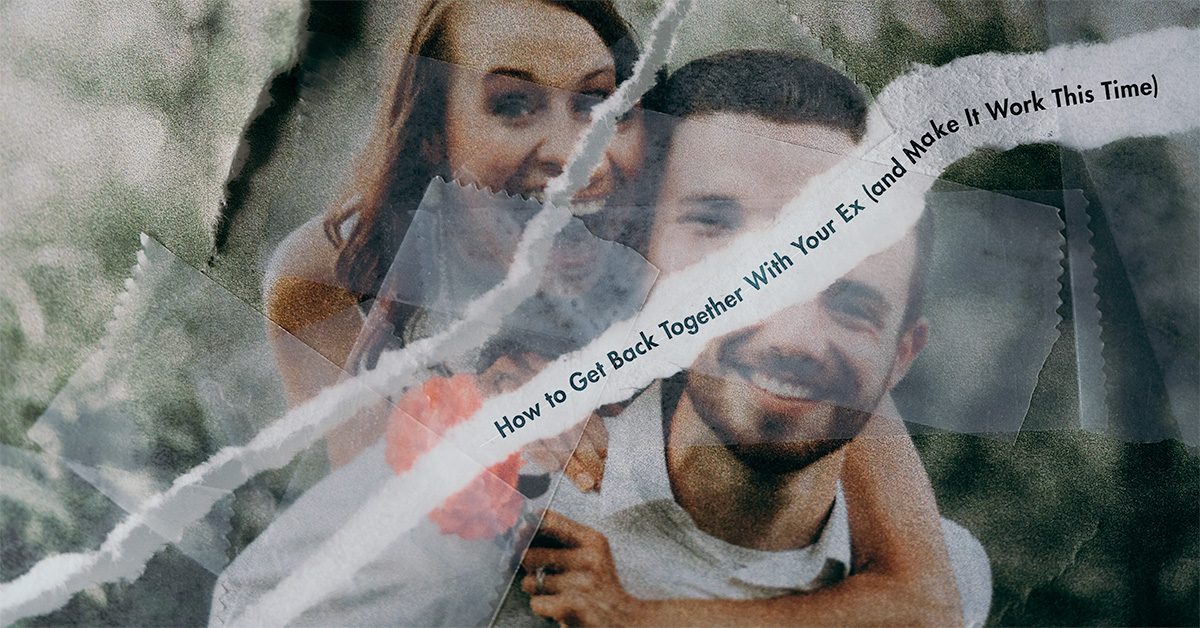

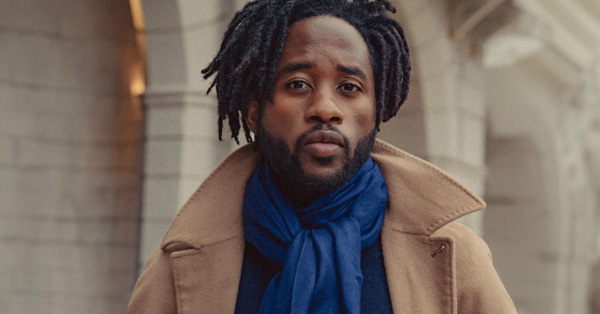


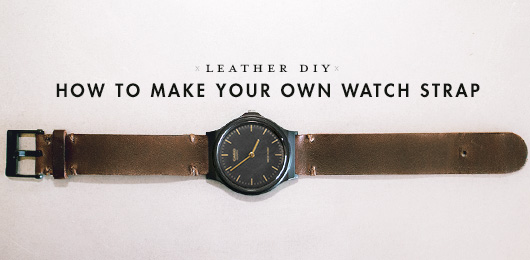
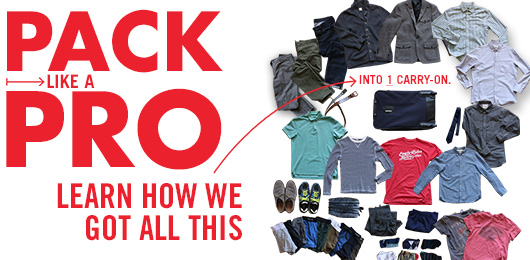




![It’s Time to Begin Again: 3 Uncomfortable Frameworks That Will Make Your New Year More Meaningful [Audio Essay + Article]](https://www.primermagazine.com/wp-content/uploads/2025/01/begin_again_feature.jpg)

